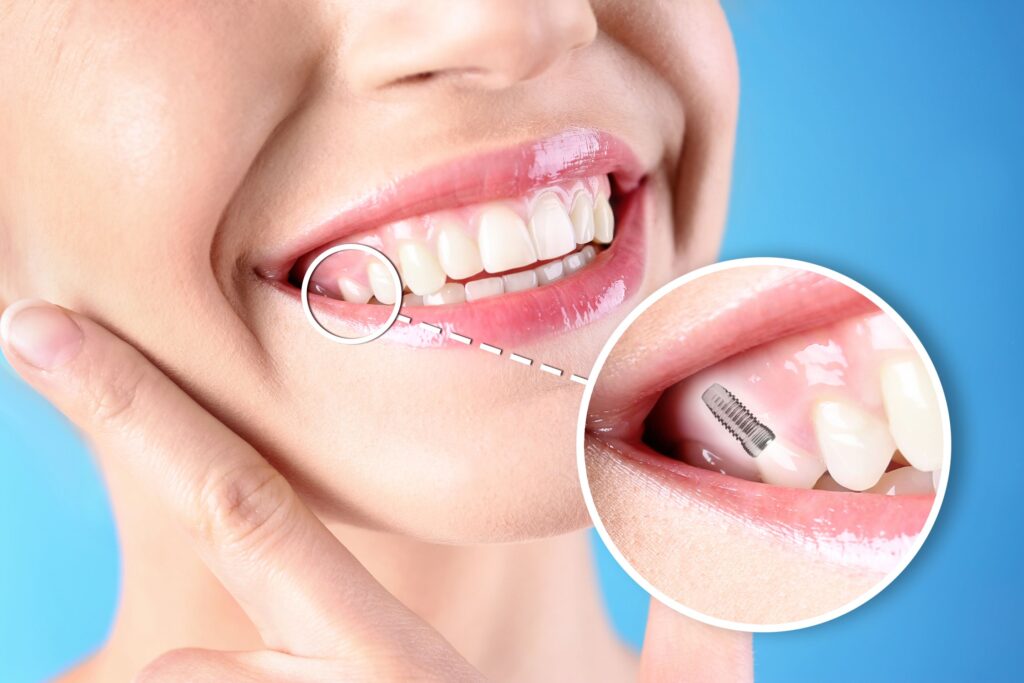
Did you know that an estimated 500,000 dental implants are placed every year in the United States? These replacement teeth continue to gain popularity because their placement in your jawbone allows them to function as sturdy standalone structures, providing additional benefits over alternatives like dentures or dental bridges.
They’re so resilient that they have an incredibly high success rate of 95% or more and many experts consider them the best way to rebuild your smile. But what exactly makes them so ideal? Continue reading to learn about three factors that influence the durability of your dental implants!
Consideration #1: Jawbone Density
Before getting dental implants, you must consult with your dentist to ensure you’re a good candidate. These prosthetics include a titanium rod that’s surgically embedded in your jaw, so they need to verify that you have enough healthy bone mass to support them.
Many patients are surprised to learn that tooth loss can impact jawbone health. The roots of your teeth stimulate new bone growth when you bite down to keep your jaw thick enough to support your pearly whites. If you’ve already lost too much mass, you might require an additional bone graft procedure to rebuild a strong foundation that can sustain your implants.
Fortunately, the rods of your restoration function like roots to maintain your jawbone and support your facial structure for years to come.
Consideration #2: Dental Hygiene
The materials comprising your implants are customized to look as lifelike as possible, but they aren’t made of the same organic material as your teeth. The pontics are usually created from durable resin or ceramic that can’t get cavities. However, that doesn’t mean that they’re completely invincible to harm.
The leading cause of implant failure is a form of gum disease called peri-implantitis, which can affect the connective tissues and jawbone around your restoration. Brushing and flossing twice daily, combined with regular dental checkups every six months, removes germs and plaque buildup to avoid oral issues that could harm your prosthetic.
Consideration #3: Unhealthy Habits
If you regularly smoke vapes or cigarettes or drink alcohol, now’s a perfect time to consider quitting. Tobacco products contain nicotine, which is not only addictive but is also a vasoconstrictor. That means it limits your blood oxygen supply and reduces its flow, so it can’t deliver essential nutrients to your mouth. As a result, you’re less able to fight off infections that can cause your new tooth to fail.
Furthermore, alcoholic drinks suppress the immune system and hinder your body’s ability to rebuild healthy cells needed to protect your grin.
By practicing proper preventative care, your new teeth can potentially last the remainder of your natural life!
About the Author
Dr. Vincent Lam has two decades of experience helping people of all ages build and maintain happy, healthy smiles. He earned his dental doctorate from Temple University in Philadelphia and is committed to continuing his education to stay abreast of the latest developments and techniques. He provides a full array of high-quality services to meet all your family’s dental needs conveniently under one roof. He combines a personable approach with state-of-the-art equipment to deliver accurate, long-lasting results while enhancing patient comfort. You can request a dental implant consultation on the website or call (206) 589-8556.
